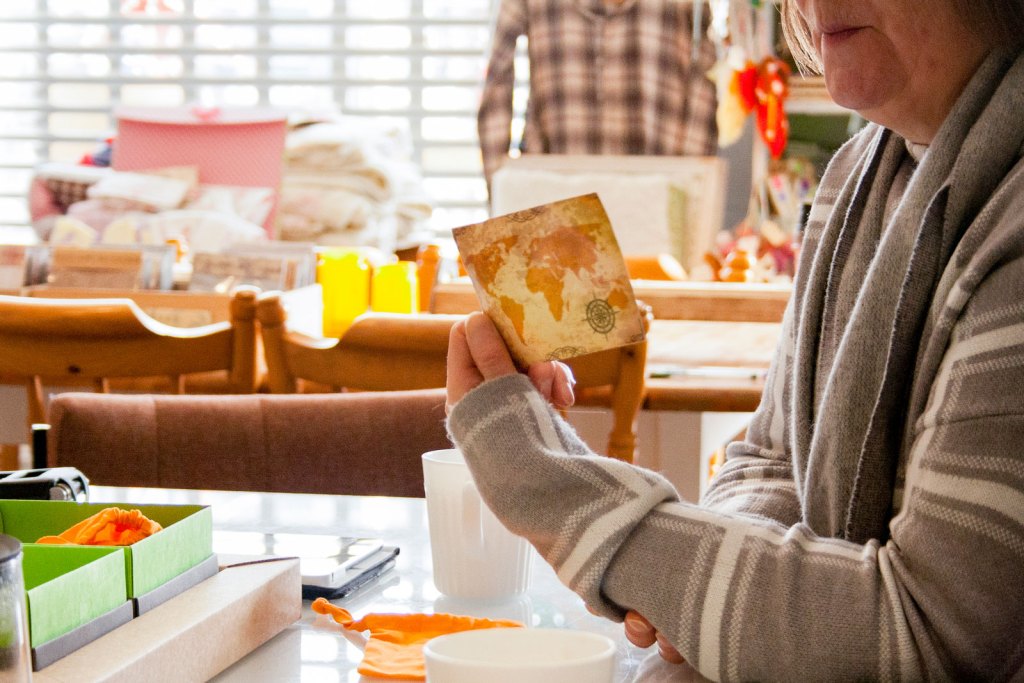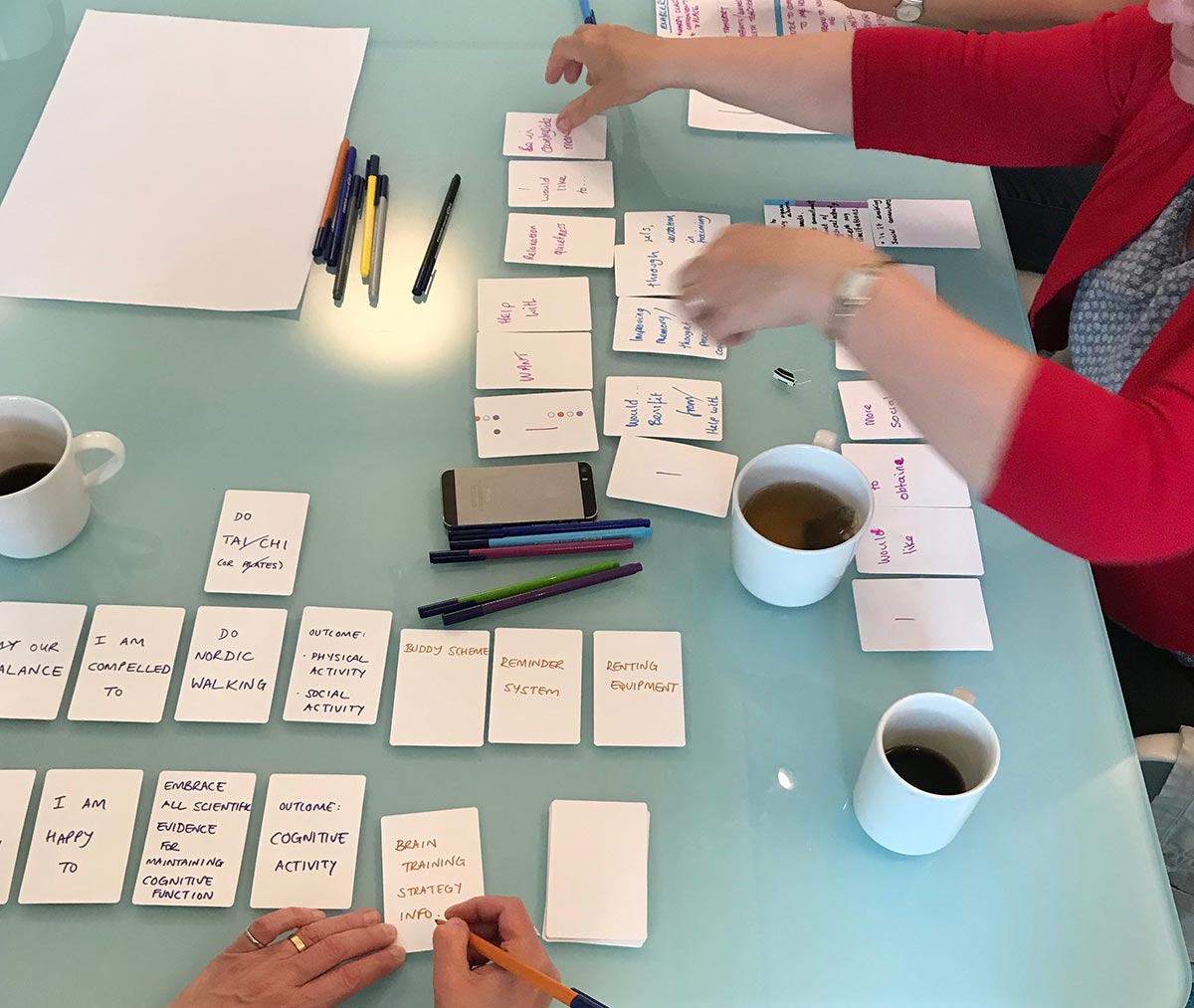This Horizon 2020 funded project aimed to co-design a multi-dimensional, cross disciplinary and personalised coaching system. Leveraging ICT social connectivity the product NESTORE was designed to support older people to sustain independence. The novelty of the system was its operation through tangible objects as well as software and apps.
Funded by: Horizon2020.
Partners: Politecnico di Milano (Polytechnic University of Milan), AGE – Age Platform Europe AISBL, Consiglio Nazionale delle Ricerche (Italian National Research Council), EURECAT – Fundacio Eurecat, FLEX – Flextronics Design S.R.L, FSIE – Fundacio Salut i Envelliment
Team: Paul Chamberlain, Claire Craig, Nick Dulake, Kathi Chamberlain
The ageing population is growing quickly in the EU. ICT can provide solutions for Active Ageing, however the success of novel ICT solutions depends on user perception about their efficacy to support toward health promotion and global wellness.
NESTORE aimed to develop an innovative, multi-dimensional, personalized coaching system to support healthy ageing by: 1) Generating and sustaining motivation to take care of health; 2) Suggesting healthy nutrition and personalized physical and mental coaching, as well as social interaction, to prevent decline and preserve wellbeing.

Through co-creation workshops with community living older people, the Lab4Living team built understanding of the hopes and aspirations of participants and gained insights as to what individuals found meaningful, in order to inform the types of activities that NESTORE could offer to engage and motivate end users of the product. The workshops explored what was meaningful in people’s lives and adopted the ‘exhibition-in-a-box’ co-design methodology developed and facilitated by the Lab4Living design research team. The methodology used a collection of carefully chosen objects designed to stimulate conversation, and enabled participants to share their experiences.
A key strength of the methodological approach followed in NESTORE was the engagement of end-users at all stages of the design process. Participatory methods permeated every aspect of the research in order to ensure that the end-product reflected the community’s needs and perceptions.
Working with Lab4Living researchers, the ‘expert-by-experience’ (‘EBE’) group, a group made up of ten older people whose ages ranged from 54-93, analysed the workshop findings and recorded and shared their experiences of technology in their every day lives.
The shared findings informed the content of the technological development of the system through an iterative process and ongoing dialogue with the ‘EBE’ group.
The research built understanding of user requirements of the technology and the factors that promoted and inhibited use, and explored other potential contexts where the technology may be used.
For a detailed description of the outcomes of the work please see: https://nestore-coach.eu/home

 to top
to top
